Our goal is to give two (2) books a month to every child under 15 living in poverty in Australia.
This is great motivation to give, it’s a big, ambitious goal but with the right support, we could get there.
Below is some supporting evidence on how literacy can help empower our disadvantaged kids, and why we do what we do.

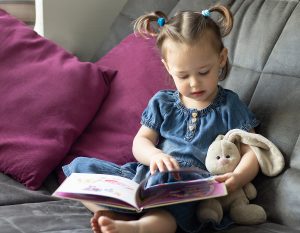
What is the economic value of literacy and numeracy?
Even in OECD countries, where an increasing proportion of the workforce has a university degree, the value of
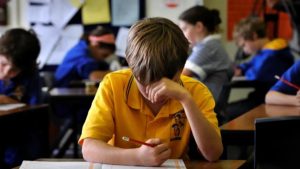
OECD’s Program for International Student Assessment (PISA)
Using data from the OECD’s Program for International Student Assessment (PISA), which tests basic skills of 15-year-olds across
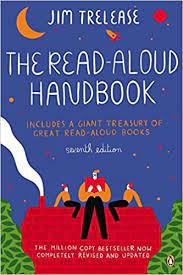
Jim Trelease: The Read-Aloud Handbook
“One of the primary learning methods for children is imitation. They imitate what they hear and what they
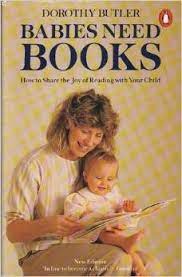
Dorothy Butler
“It is my firm belief that giving the parent the idea of “the book as a tool” will
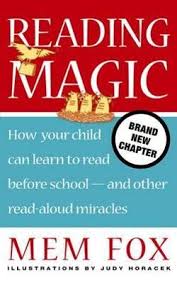
Mem Fox
“When we take the time to read aloud to the children in our lives, we bond closely with

Phys Org: One quarter of Australian 11- to 12-year-olds don’t have the literacy and numeracy skills they need
Children from disadvantaged backgrounds, very remote areas, and Indigenous Australians are up to two times more likely to
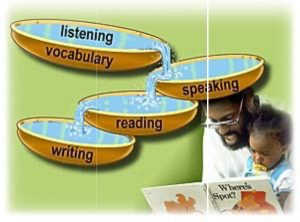
Jim Trelease: The first skill is Listening
The first skill is LISTENING. It’s highly unlikely you’ll ever say a word if you’ve never heard the
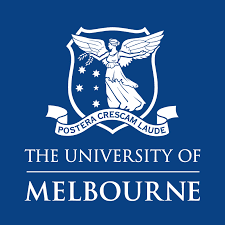
Melbourne Uni: Reading to Young Children: A Head-Start in Life
Research has found that reading storybooks to children is one of the most important activities for developing the
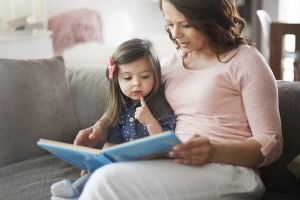
Dropping Off The Edge (DOTE) Fact Sheet
Lorem ipsum dolor sit amet, consectetur adipiscing elit, sed do eiusmod tempor incididunt ut labore et dolore magna
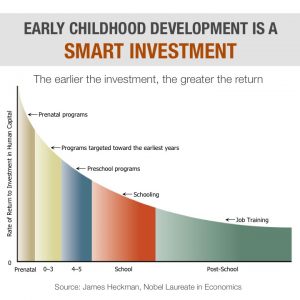
Report by James Heckman
Early childhood education is an efficient and effective investment for economic and workforce development. The earlier the investment,